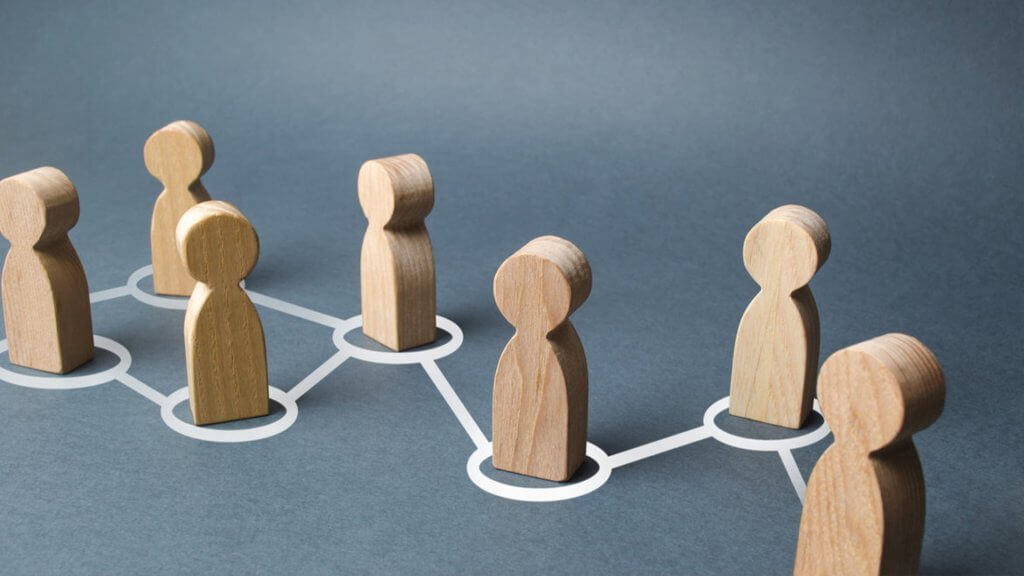Attracting and Retaining a Multi-Generational Workforce: How to Create an Inclusive Employee Experience
Today’s workforce is the most age-diverse ever witnessed, with four, sometimes five, generations working side by side, ranging from Baby Boomers to Gen Z. While the diversity in people’s backgrounds and skills can be really valuable, it also presents challenges for businesses looking to attract, engage, and retain talent across different age groups.
In an era of ongoing talent shortages, companies that effectively foster an inclusive environment for employees at all stages of their careers will thrive. But how do you create an employee experience that works for everyone?
Here, we’ll look at ways businesses can attract and retain multi-generational workforce.
Tailored Recruitment Strategies
When it comes to attracting talent, businesses need to adopt targeted recruitment strategies that appeal to different generations.
For younger generations, job searching starts online, and they often rely on platforms like LinkedIn, Glassdoor, and even TikTok. Companies should invest in a strong online presence, highlighting their culture and values through social media, employee testimonials, and videos that show what life is like inside the company.
To engage Gen Z, emphasise career growth and development opportunities. Highlight mentorship programmes, training and development, and lateral career paths that offer variety and challenge.
For older generations, focus on job stability, retirement benefits, and opportunities to mentor younger employees. Many Baby Boomers want to stay active in the workforce, but they may be more selective about where they choose to work based on the company’s culture and respect for their expertise.
Creating a Culture of Inclusion
Inclusivity is a fundamental part of retaining a multi-generational workforce, with employees being more engaged and satisfied when they feel seen and valued.
By encouraging collaboration between generations businesses can break down stereotypes and allow employees to learn from each other. Initiatives like cross-generational mentorship programmes or project teams that mix experience with fresh perspectives can foster a more cohesive workplace.
By offering flexibility, businesses can attract and retain a broader talent pool. Gen Z and Millennials might want remote work options or non-traditional hours, while Baby Boomers might value phased retirement plans or reduced hours.
While Millennials and Gen Z value continuous feedback and recognition, older generations appreciate structured performance reviews. Having a blend of informal check-ins and more formal evaluation methods ensures everyone feels supported.
Wellness Strategies for Everyone
Employees expect companies to care about their mental, physical, and emotional health. However, different generations have different wellness needs, so companies need to offer a range of wellness programmes that cater to this.
Ben Mercer of Leisure Lakes Bikes, the UK’s leading road bikes supplier, says: “One great way to promote wellness for employees of all ages is the Cycle to Work scheme. Not only does it encourage people to stay active but also helps the environment and allows for tax-free savings on bikes and accessories, meaning younger employees can save money and help the environment, while older employees can benefit from staying active.”
Investing in Continuous Learning
Continuous learning is essential to keeping employees engaged and motivated, regardless of age. Baby Boomers and Gen X, for example, may want to keep their skills relevant as the workforce evolves, while Millennials and Gen Z are eager to learn and advance in their careers.
Also, mentorship programmes, pairing younger employees with seasoned professionals, can create a culture of learning and knowledge transfer. Younger generations benefit from the wisdom of experience, while older employees stay connected to the fast-changing work landscape.
In today’s talent-short market, it’s not just about hiring people—it’s about creating an environment where everyone can thrive, no matter what stage of life they’re in. By offering tailored recruitment strategies, cross-generational collaboration, wellness initiatives, and continuous learning opportunities, businesses can engage employees at every stage of their careers.








